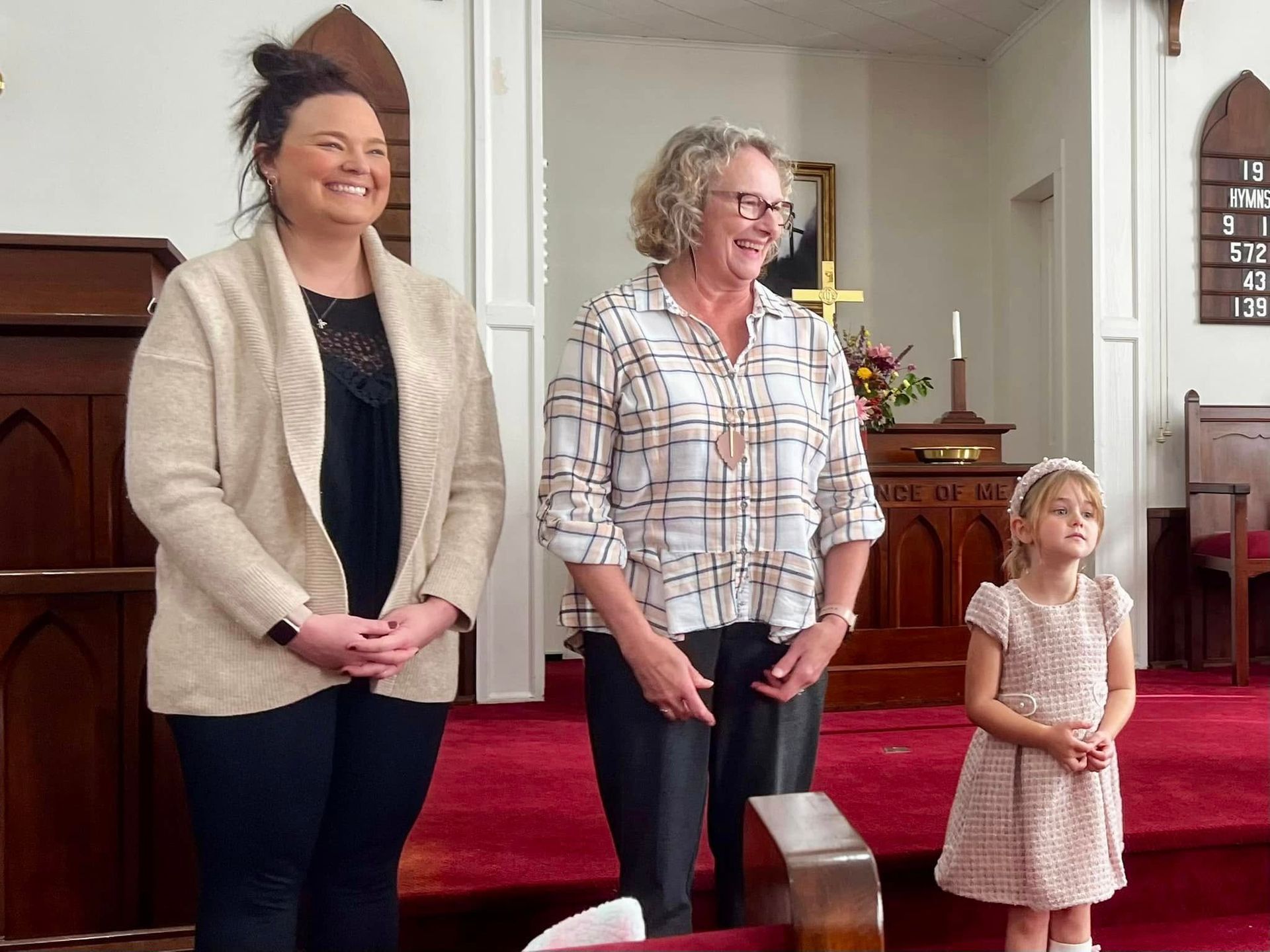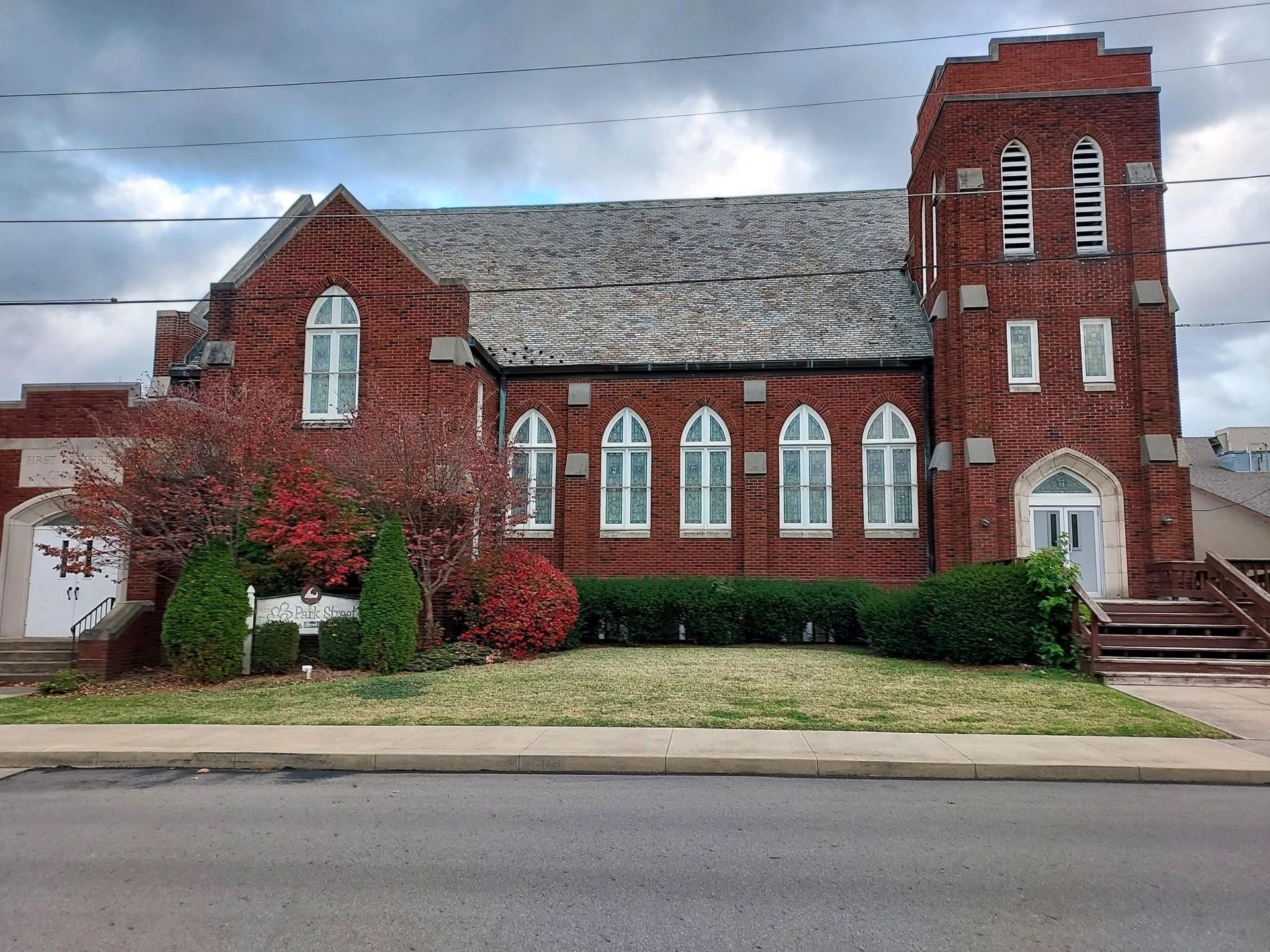Adapting for the Future
I first felt the Spirit’s nudge to the ministry during the summer of 1997. I took the traditional journey my advisors recommended – starting in college and seminary then pastoring a church.
My pastoral path wasn’t without financial difficulties, though. As a college student I was pretty poor, but figured that would change once I started working in a church, making enough to live comfortably and pay off my debts. To my surprise, I earned just $10,000 in my first year as a part-time associate pastor. Ten years later, as a full-time senior pastor, I made $42,000 annually – with about $12,000 deducted for parsonage rent and utilities.
After taxes, school loans and family expenses, there wasn’t much left to put toward retirement or savings. Our family received government assistance for food, but money was tight. To make matters more difficult, my congregation didn’t support my attempts to supplement our income with a second job, fearing it would take my focus away from the church.
I felt whipped around and confused. I still had a passion to serve the church and reach others for Jesus, but financially, it was a struggle.
We’re not alone
Within a few years, I felt God’s call to explore my next season of ministry. That exploration led me to a position with Everence® Financial, helping people integrate their faith with their finances. I now have the opportunity to talk with pastors across different congregations and help support their ministry. Through those conversations, I’m learning that my story is not all that unique. Many pastors struggle financially to support their families.
I recall visiting with a pastor in his late 70s, who is still serving the church – not necessarily because he is passionate about serving until he dies, but because he needs the income. I know another pastor who recently announced his resignation because his congregation could not afford to support him, even in a part-time capacity. He’s looking for a secular job and praying for guidance about his next steps.
In an April 2016 National Association of Evangelicals survey of 4,249 pastors, most said they struggle with expenses and debt and don’t earn enough to feel financially secure for the long term. In fact, 60 percent reported they receive no retirement or health benefits from their churches, 39 percent have less than $10,000 in personal savings, and 29 percent haven't saved anything.
This mirrors a 2015 study conducted by Everence Financial of nearly 1,300 credentialed pastors from Mennonite Church USA and Conservative Mennonite Conference, showing that 25 percent have concerns about meeting their financial obligations. In addition, 15 percent of those pastors report they have considered leaving ministry due to financial concerns. The most frequently mentioned concerns included retirement saving, student loan debt, low salary, housing costs, health care and lack of emergency savings.
Pastors graduating from seminary in 5 to 10 years will have fewer possibilities for full-time, adequately paid pastorates than today. With few exceptions, the majority of pastors may need to hold a second job.
Coming changes in church finances
According to Empty Tomb, a Christian research group, church giving has reached new lows and likely won’t recover from the recent recession. Christianity Today-affiliated research group State of the Plate reports that 33 to 50 percent of church
members give nothing at all to the church, and only 10 to 25 percent of families in churches provide 50 to 80 percent of total church funding.
With the decrease in giving from those who attend church and the trend of decreasing church attendance, now is the time for serious discussions about the financial future of congregations and pastors.
Instead of stumbling along their financial journeys,
pastors should connect with a financial professional who understands Christian ministry and the nuances of pastoral finances. It’s important to begin retirement planning now, and work on strategic budgeting and protection planning.
Congregations can also use guidance in managing finances. Churches might consider developing narrative budgets that arouse enthusiasm, developing online giving options, setting up endowments or trust funds, finding alternative income streams for the church, and providing financial and stewardship education opportunities for church members. But these responsibilities often fall to congregational volunteers who juggle their own responsibilities. Do they have the time and energy to integrate these options?
The good news is pastors and congregations don’t need to do this alone. Organizations like Everence can help address finances, staff benefits, and other congregational stewardship issues. Pastors can also receive personal assistance in managing their own finances as well as resources to equip church members.
If your pastor and congregation have not connected with a financial professional, please do that today. It’s time to end the silence about the struggle.










